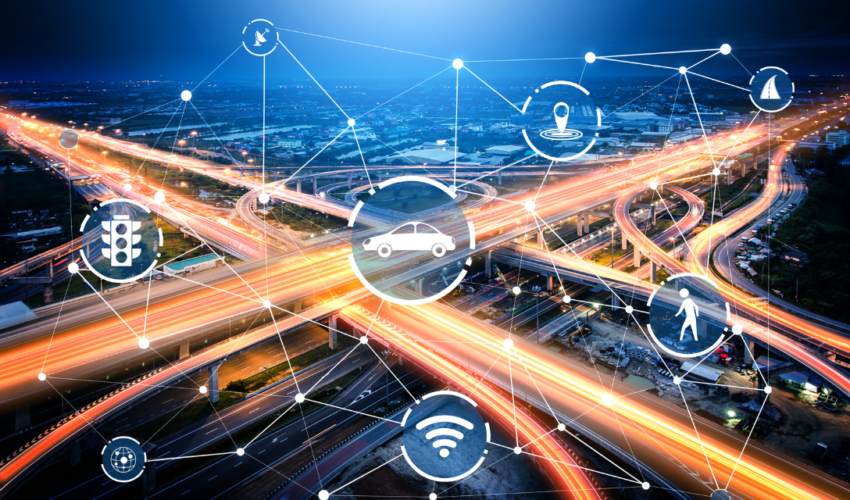Over my 35 years in the technology sector, I’ve witnessed the relentless march of innovation. Each wave has brought incredible benefits, but I’ve also seen the darker side—the way seemingly benign technologies can be weaponized. Today, I want to talk about a threat quietly rolling onto American roads: the rise of Chinese automakers and the vehicles they’re eager to sell us.
To many, these cars might seem like a win: sleek designs, cutting-edge features, and prices that undercut competitors. But beneath the hood of these shiny new machines lies a deeper concern. These cars aren’t just vehicles—they’re potential tools for surveillance and manipulation, driven by software developed in a country with little respect for privacy or democratic norms.
The Trojan Horse on Wheels
Modern vehicles have become computers on wheels, outfitted with everything from cameras and microphones to radar and lidar systems. These technologies are indispensable for features like assisted driving and crash prevention, but they also transform vehicles into data collection hubs.
Here’s the problem: Chinese automakers like NIO, XPeng, and BYD are developing vehicles loaded with these tools, and the data they collect doesn’t just stay with the driver. Chinese companies are required by law to share data with their government if asked. That means your driving habits, your conversations, your location—everything your car captures—could potentially end up in the hands of a foreign power.
Think about it. A car equipped with multiple cameras and microphones could record sensitive discussions or track your movements. Lidar and radar systems, which create detailed maps of the environment, could inadvertently provide intelligence on critical infrastructure. Once that data is in the wrong hands, the consequences could ripple far beyond an individual driver.
The Broader Pattern of Exploitation
This isn’t an isolated issue. It’s part of a broader strategy we’ve seen before. Remember Huawei? The Chinese telecom giant promised cheap, high-quality networking equipment. But it wasn’t long before evidence emerged that their devices could be used to spy on users and governments. The U.S. and its allies have since banned Huawei equipment in critical networks, but not before it infiltrated systems around the world.
Or take TikTok, the wildly popular app that collects vast amounts of user data, from browsing habits to location information. Despite its entertaining facade, it’s faced bipartisan scrutiny in the U.S. over concerns that this data could be used by the Chinese government to influence public opinion or target specific groups. We have yet to see how that will play out in the new Trump administration.
The lesson is clear: technology tied to authoritarian regimes is never just about convenience or cost. There’s always a larger agenda, and by the time we recognize it, the damage might already be done.
Can Regulations Save Us?
The U.S. has tried to get ahead of the issue. Earlier this month, the Biden administration finalized a ban on vehicles with software originating from adversarial nations. The goal was to prevent cars from becoming conduits for foreign espionage. Tariffs have also been imposed to slow the influx of Chinese EV’s, making it financially challenging for these companies to gain a foothold in the U.S.
But regulations alone won’t be enough. China has shown time and again that it’s willing to play the long game. Even if a ban is in place, companies could find ways to mask the origins of their software or hardware. And what about the millions of Chinese-made cars already sold in other parts of the world? The U.S. may protect its own borders, but these vehicles will still collect data globally, feeding into the same system.
What Can Be Done?
The first step is awareness. As consumers, we need to understand that buying a vehicle is no longer just about horsepower and fuel efficiency. It’s about data, and that data is valuable—not just to corporations, but to governments.
We also need to demand more from automakers. Transparency about where data goes and how it’s used should be non-negotiable. Companies that fail to meet these standards should face penalties, no matter where they’re based.
Finally, we need to invest in domestic innovation. If we want to compete with China, we need to outpace them, not just in technology but in trust. American automakers must lead the way by building secure, privacy-focused vehicles that set the standard for the rest of the world.
The Road Ahead
The cars of the future promise incredible convenience and safety, but they also pose unprecedented risks. As I reflect on where we’ve come from and where we’re going, one thing is clear: the road ahead won’t be defined by horsepower or design—it will be defined by trust, security, and the choices we make about the technologies we let into our lives.
Chinese automakers may be knocking at the door, but it’s up to us to decide how wide we let them in. Let’s make sure the choices we make today don’t come back to haunt us tomorrow.
